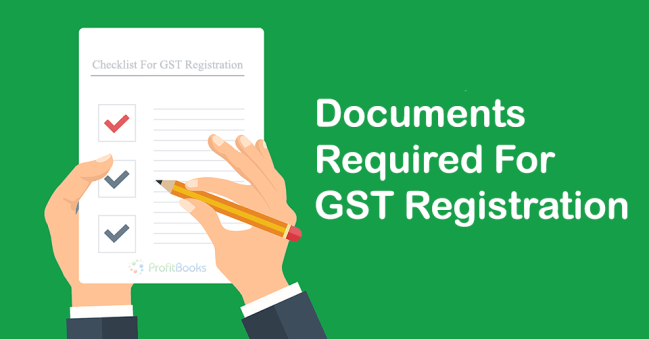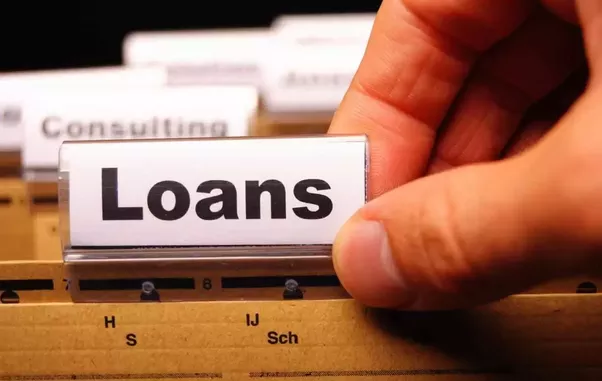The 32nd GST Council Meeting on 10th January 2019 announced that the tax exemption limit is now Rs. 20 Lakh for special category states (Himachal Pradesh and North East states), as revision over the previous exemption bar of Rs. 10 Lakh. The threshold for other states is now Rs. 40 Lakh from the prior threshold of Rs. 20 Lakh.
Assam was the first state to increase this limit even before this announcement. Finance Minister, Dr. Himanta Biswa Sharma, stressed on the fact that the new threshold will significantly benefit the small businesses in the state.
The Assam Goods and Services Tax (Amendment) Bill, 2018, passed on 3rd October 2018 brought these necessary changes.
Nagaland and Meghalaya were the other two states that received clearance from the GST Council to increase the exemption limit.
Businesses above this threshold will have to register themselves and submit all the documents required for GST registration.
Documents for GST Registration
PAN is mandatory for all businesses and individuals who want to register for GST. The other documents required are mentioned below.
-
Photos and identity proof of the promoters/partners
Photos of only 10 promoters and partners are necessary for registration. However, identity proofs of all individuals require submission.
Documents as identity proof of promoters/partners include Aadhaar, Voter ID, Passport, Driving License, etc. These documents are mandatory for KYC verification.
Such documentation is vital not only for GST registration but also financial advances. Small scale businesses require finances to initiate expansion plans. In case they do not have the necessary sum of funds immediately, they can resort to business loans. These loans are available from numerous lenders across India. They help leverage a business’s current fiscal status for a lump sum advance to fund business expansions.
-
Proof of constitution of business
The various documents required for GST registration that businesses can provide as proof of constitution include registration certificate, board resolution certificate, certificate of incorporation, Shops and Establishments Act certificate, Articles of Association (AOA), Memorandum of Association (MOA), Partnership Deed, etc.
-
Address proof of principal place of business
Documents required as address proof of the principal location of the business include municipal khata, electricity bill, legal ownership document, or property tax receipt.
Applicants have to provide the rent/lease agreement or rent receipt with a no objection certificate (NOC) in case of rented or leased property.
Individuals can also provide supporting address proof of additional places of business.
-
Proof of bank account
Bank account documents required for GST registration include a bank statement, first page of the passbook, and/or a cancelled cheque.
Applicants also have to provide details of an authorised signatory. They have to submit photo and resolution passed by the BoD/Managing Committee and acceptance letter or letter of authorisation of the specified individual.
Individuals and entities who can register for GST
The following individuals and entities can register themselves for GST:
-
Karta (Hindu Undivided Family).
-
CEO (Statutory body or local authority).
-
Trustees, Managing Trustees, or any authorised personnel (Trust, Club, Society, AOP).
-
Directors, Managing Directors, or any authorised individual (Private Limited or Public Limited).
-
Partners, Managing Partners, or authorised partners (Partnership or LLP).
-
Members of the managing Committee (Body of individuals or association of persons).
-
Proprietor – Sole proprietorship.
Online GST registration
Applicants can register themselves through the official portal to avail the GST benefits. The GST registration procedure in India is comparatively simplistic and takes a few minutes.
Businesses which have an annual turnover of up to Rs. 1.5 Crore can also voluntarily opt for the composition scheme. Applying for this scheme enables them to enjoy a reduced GST rate in India.





